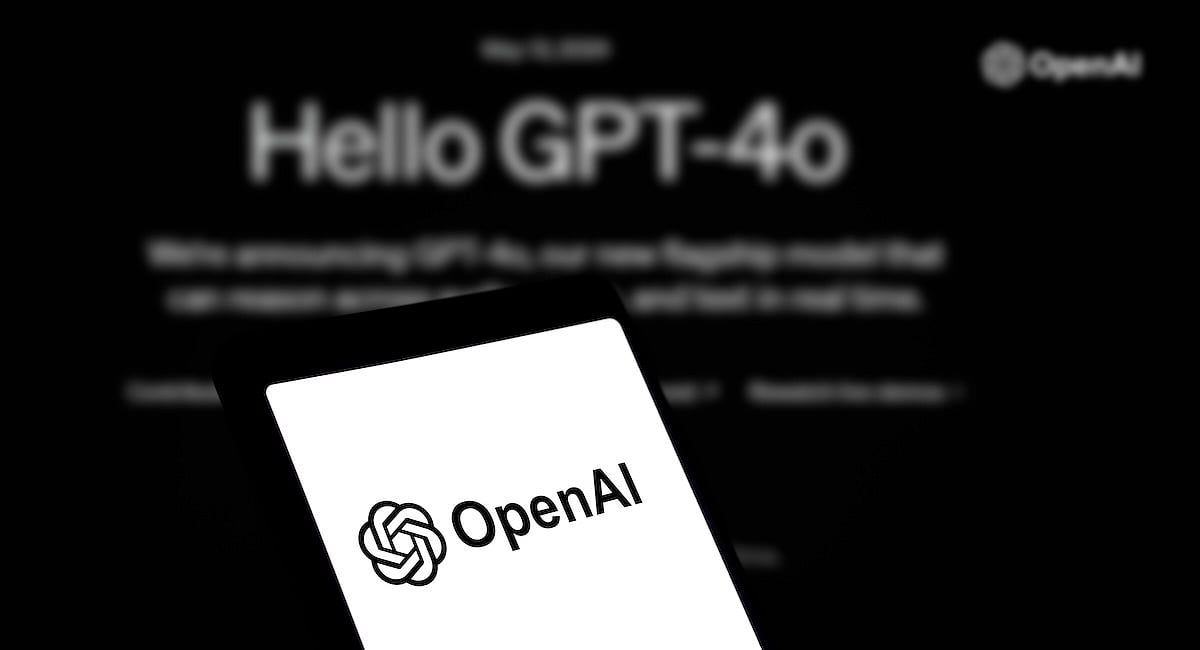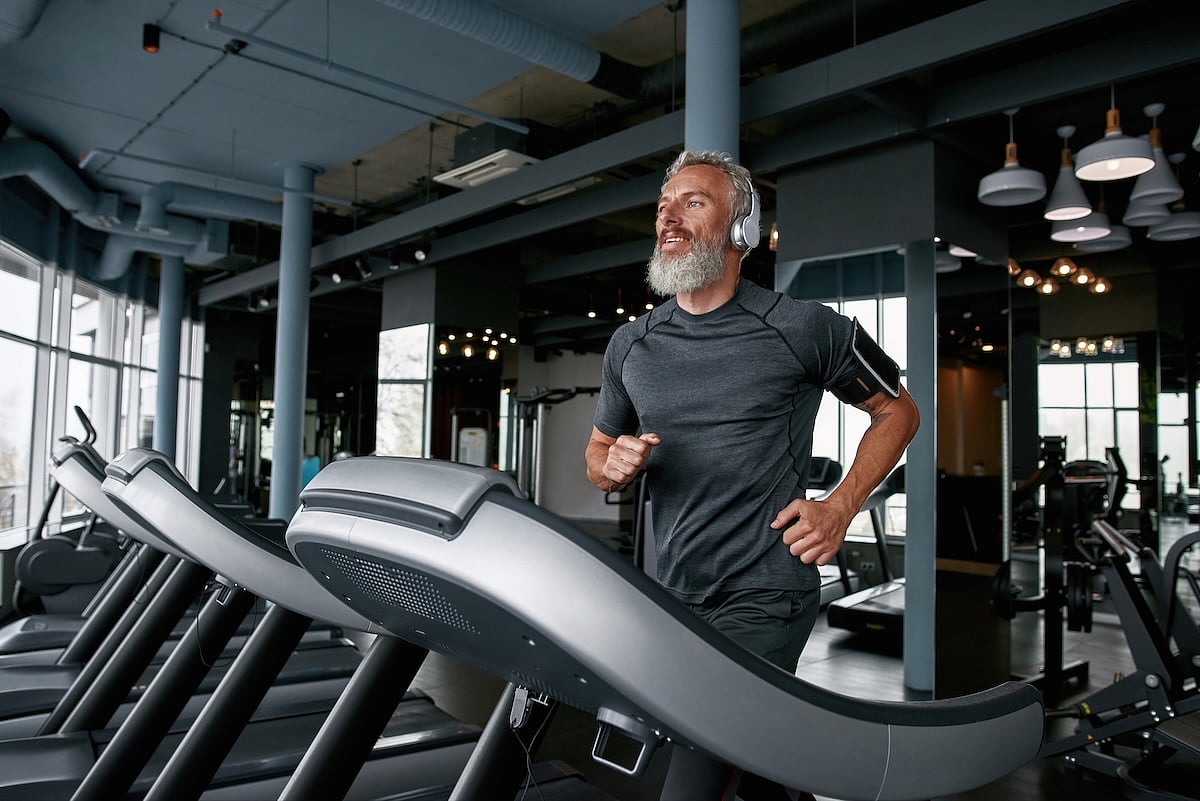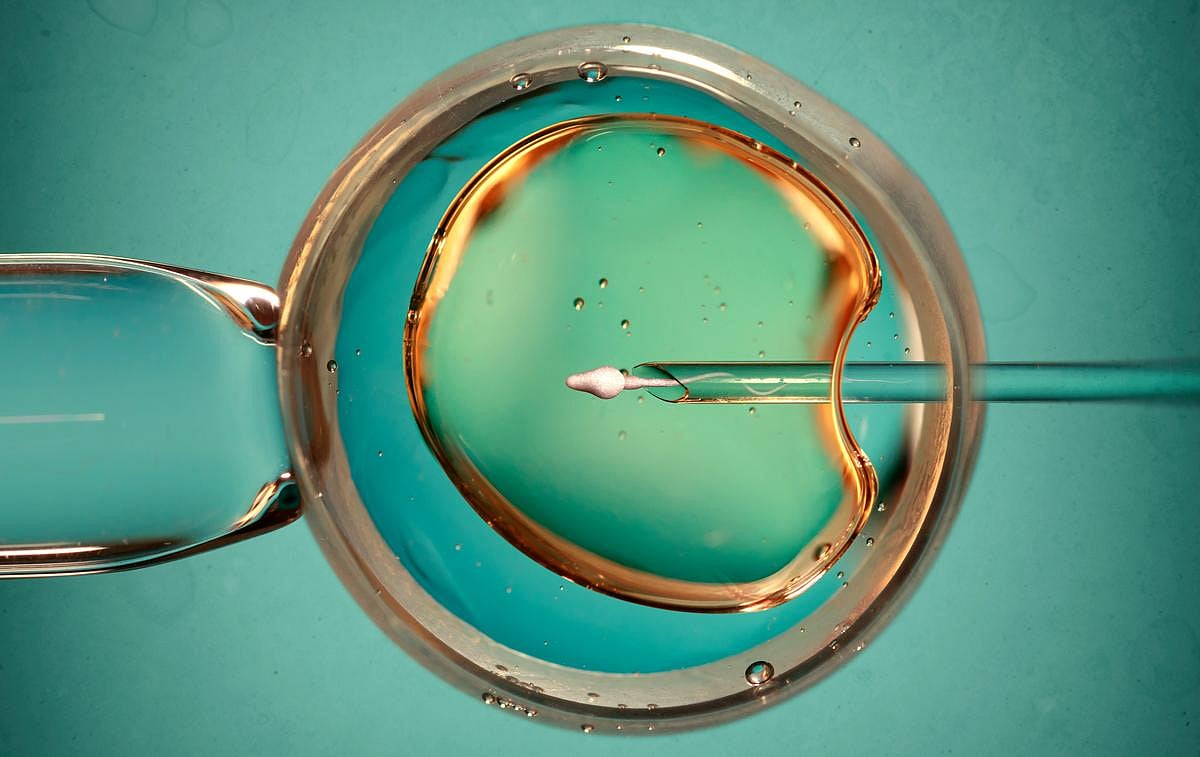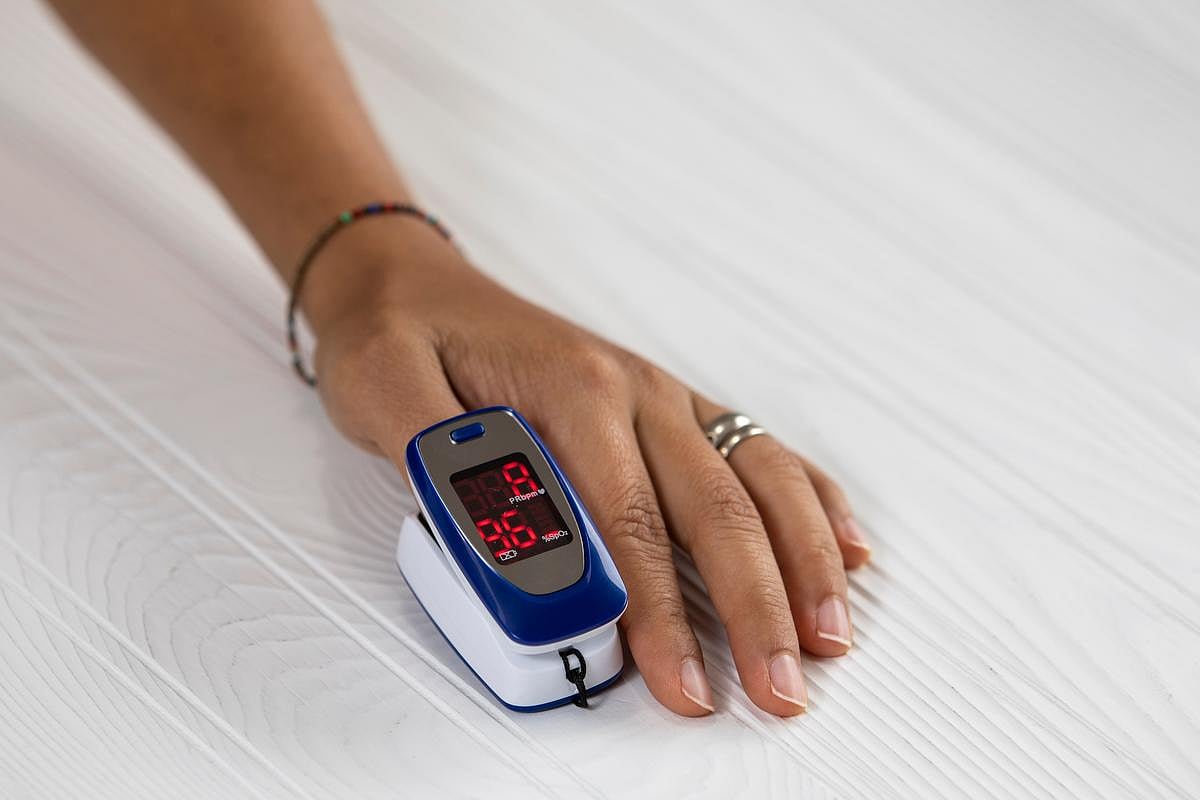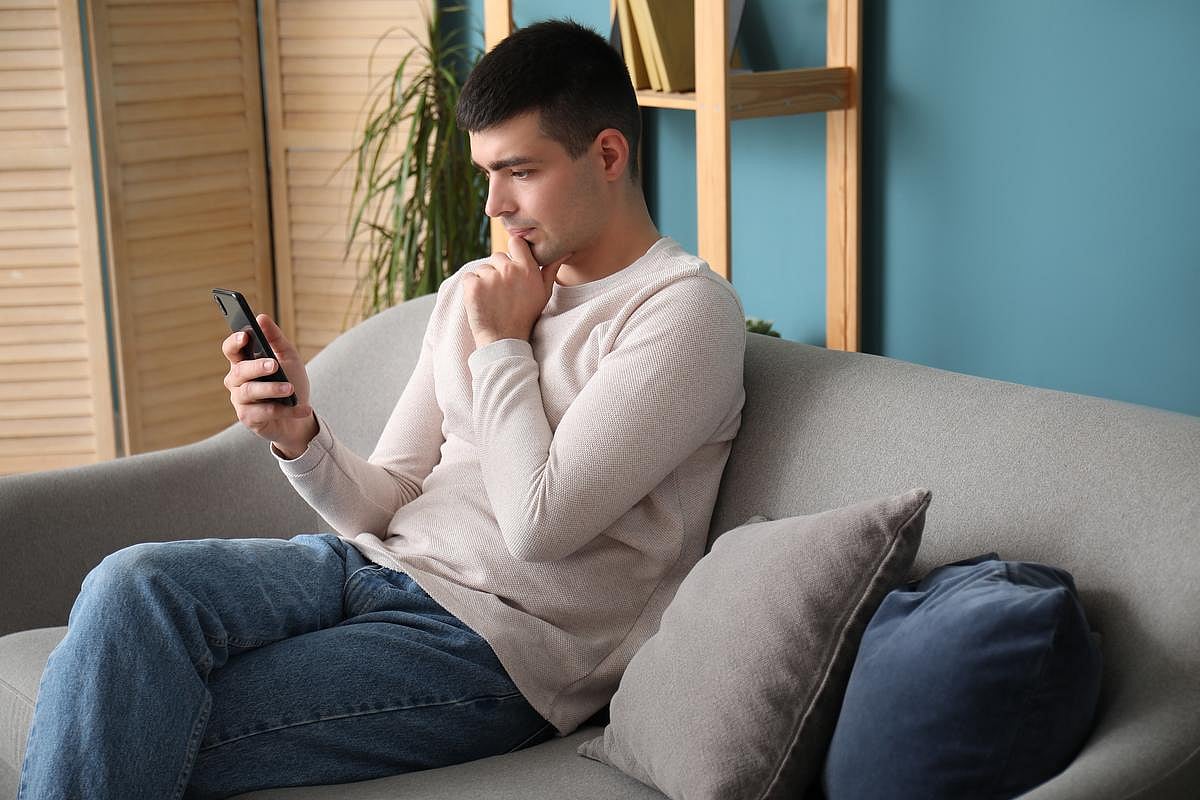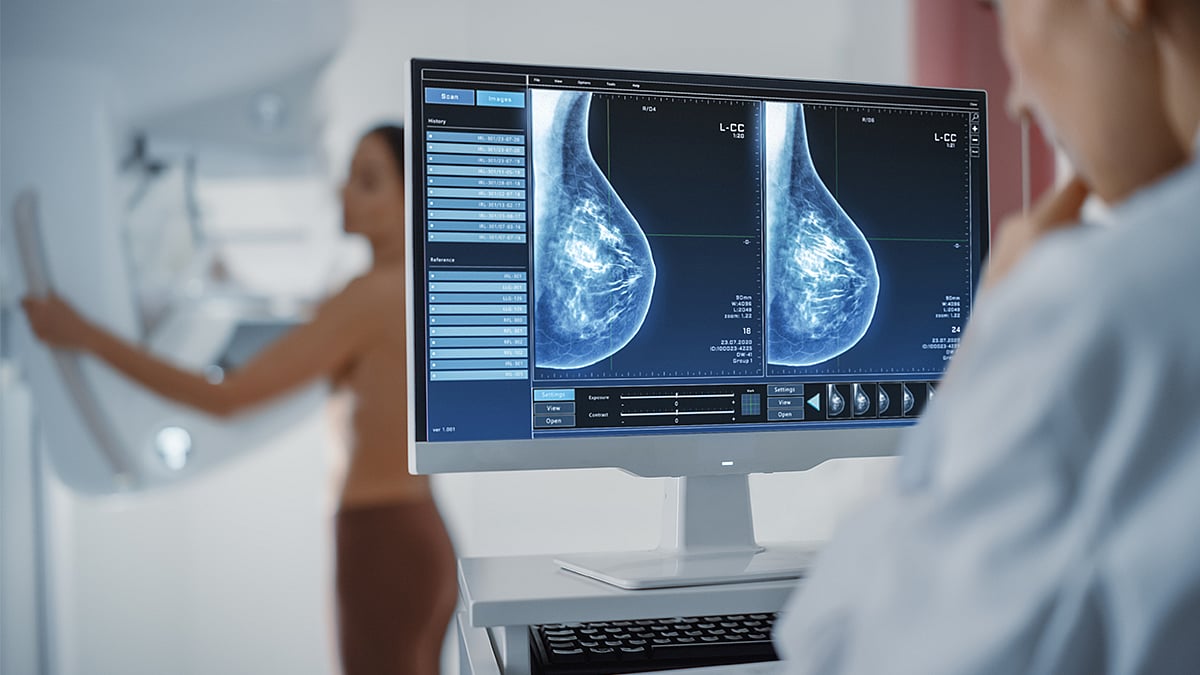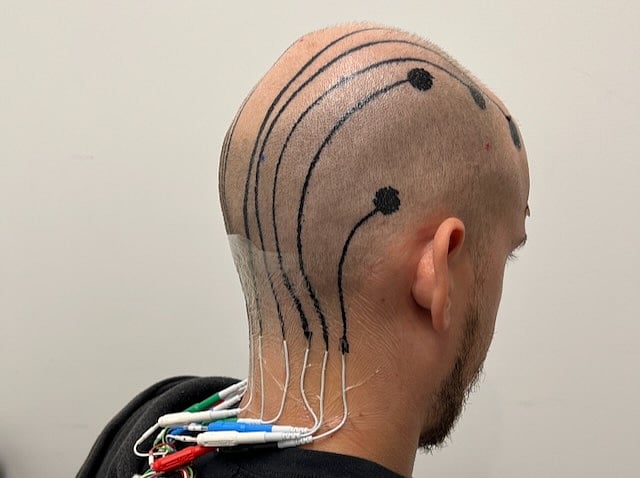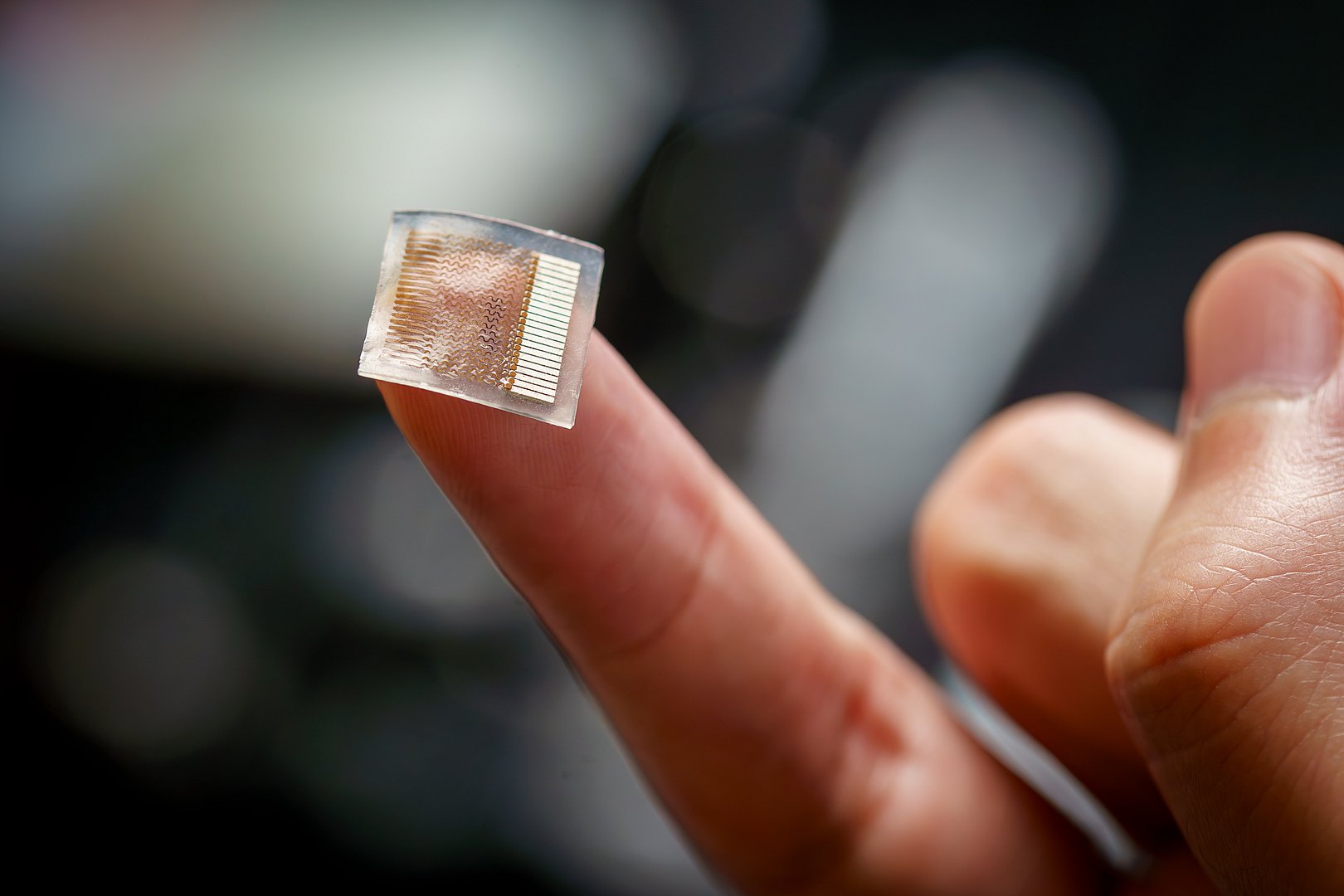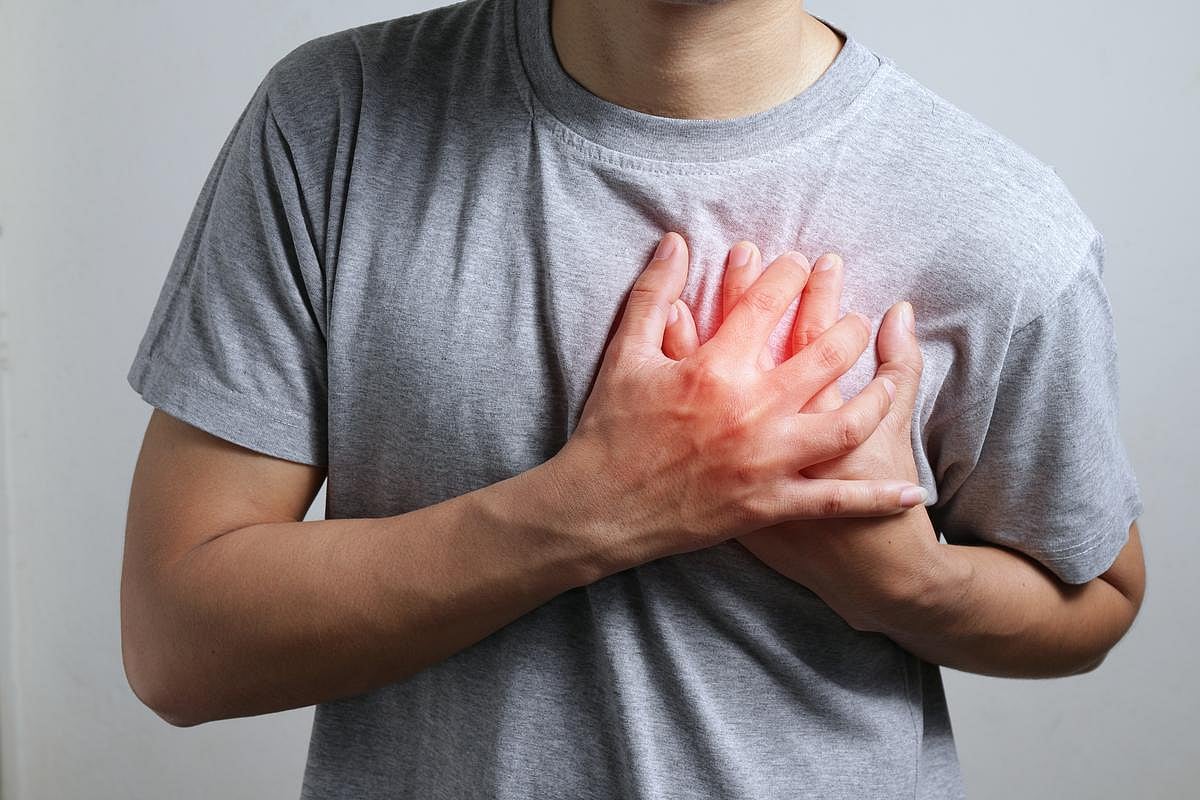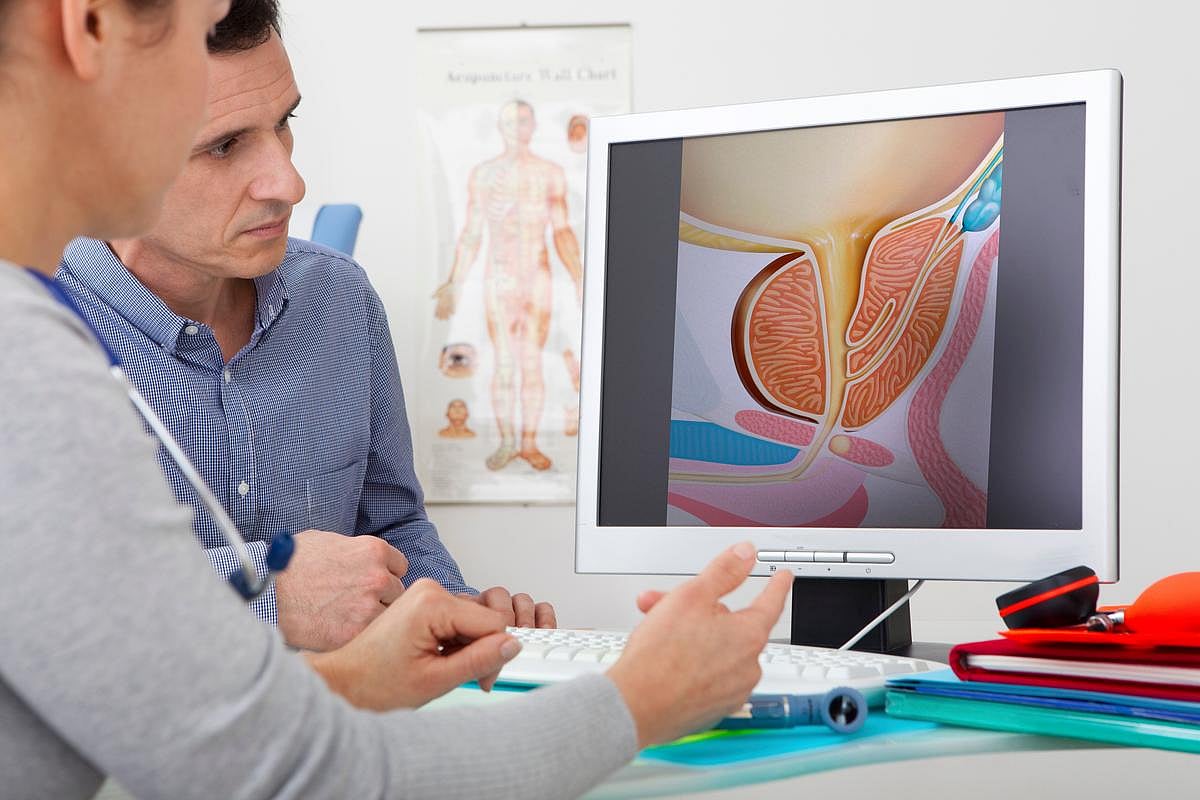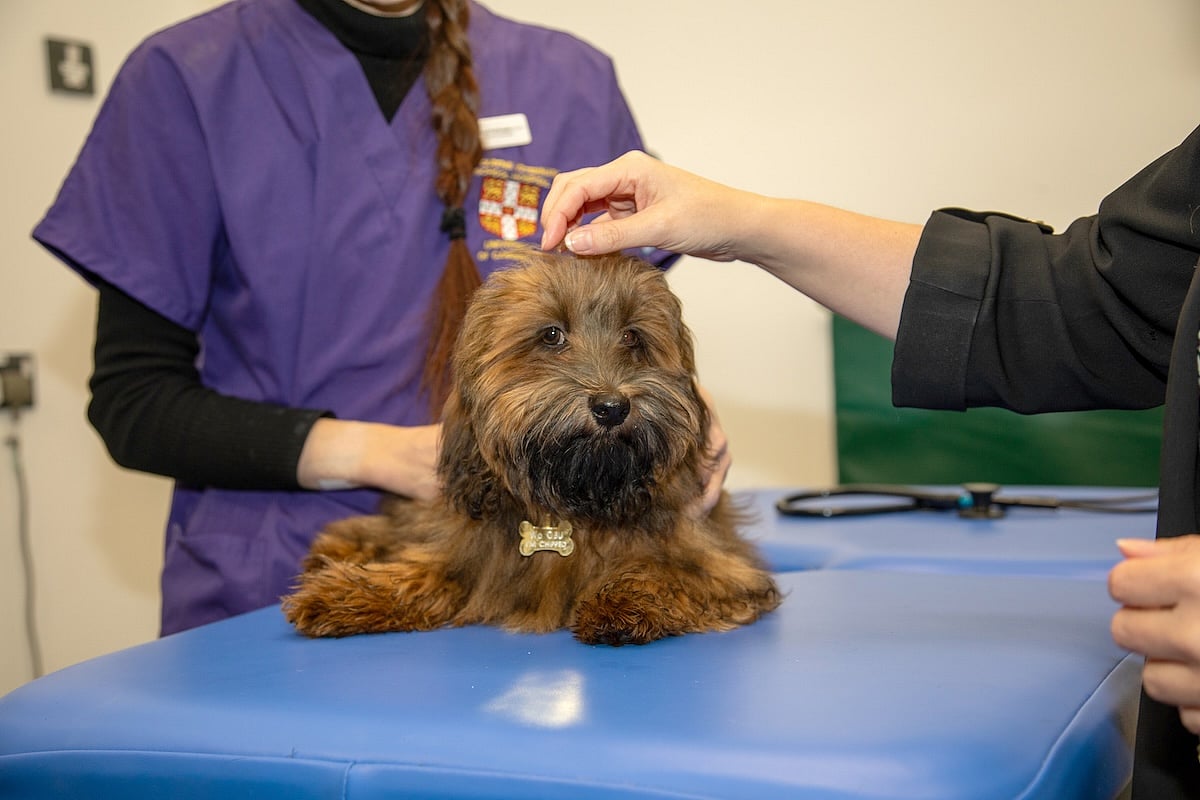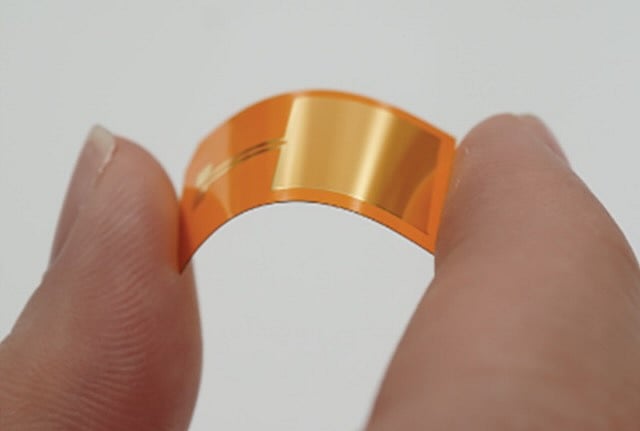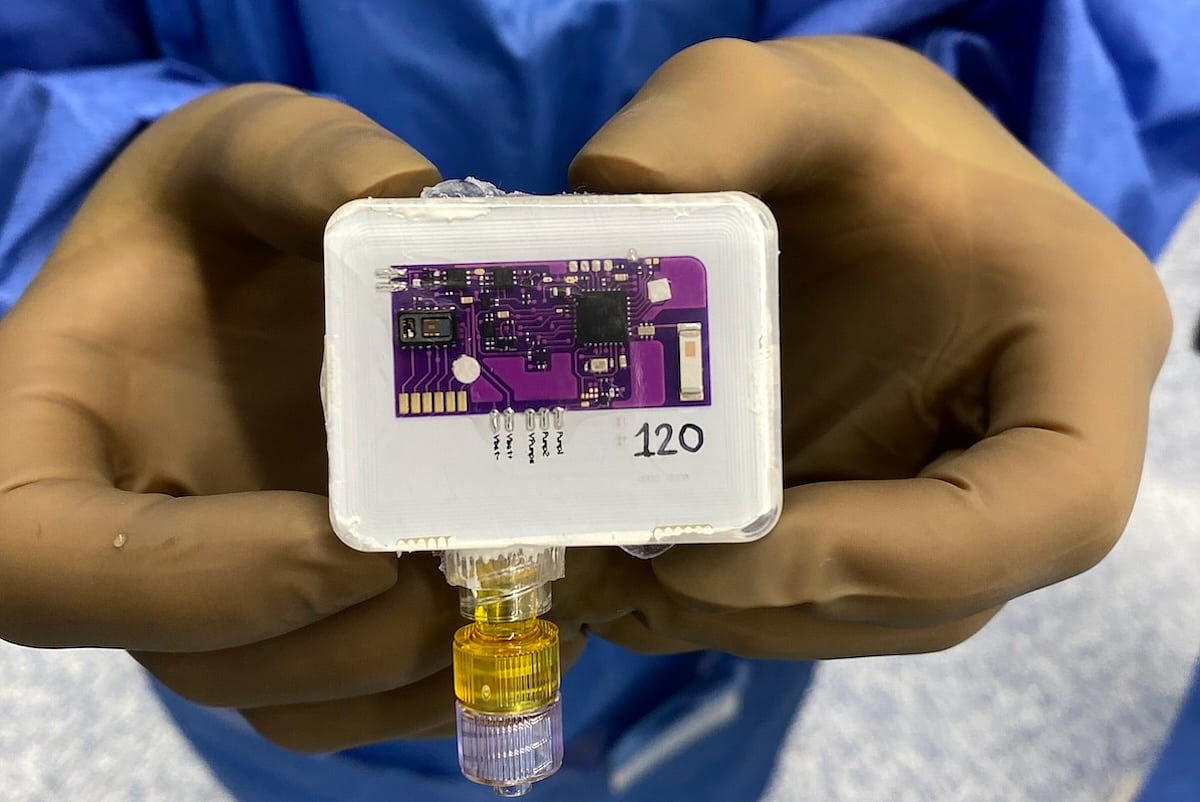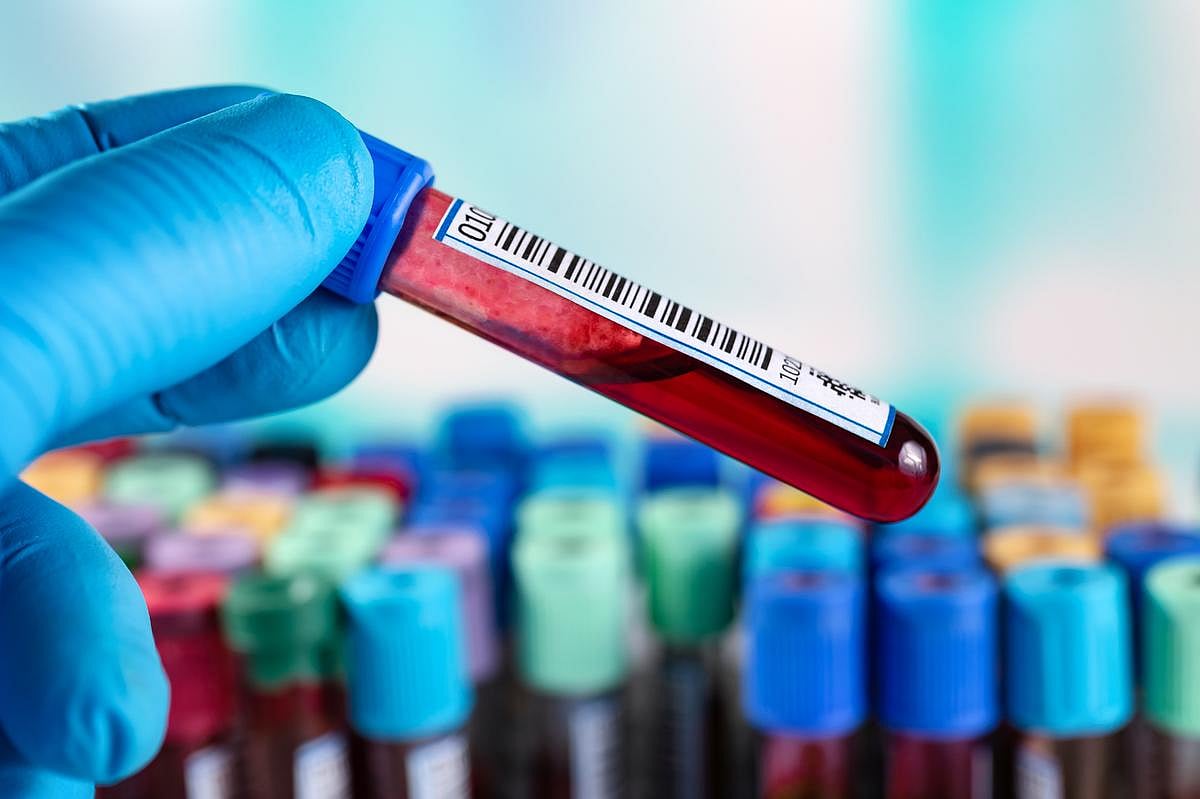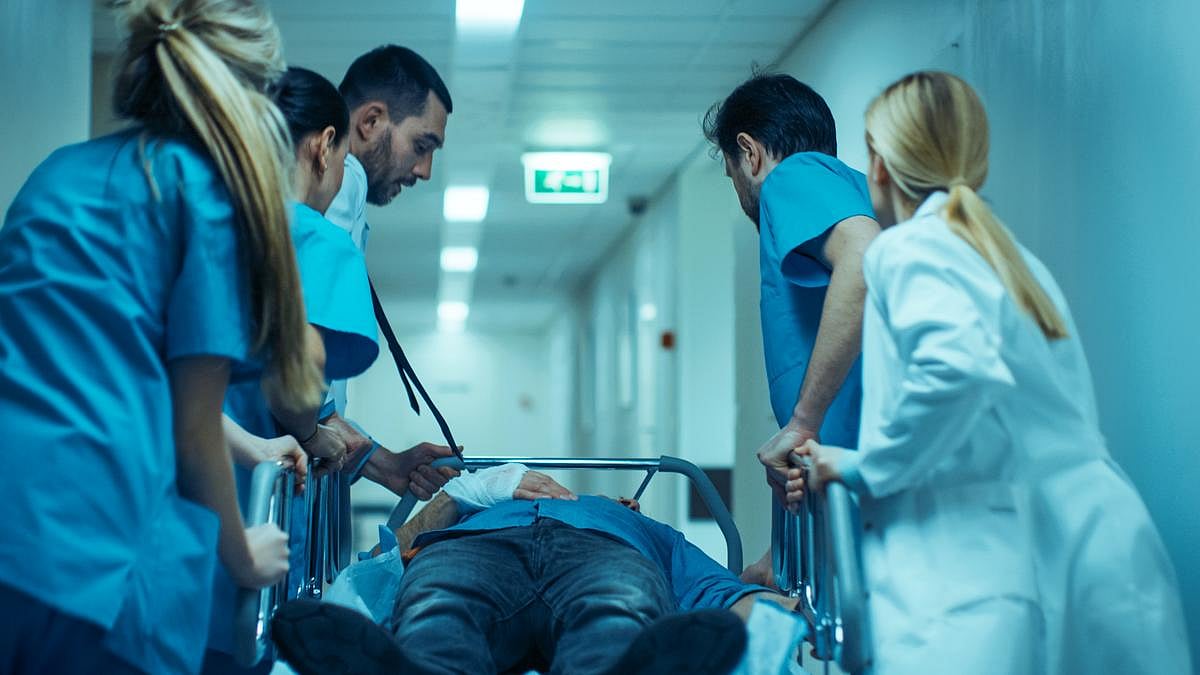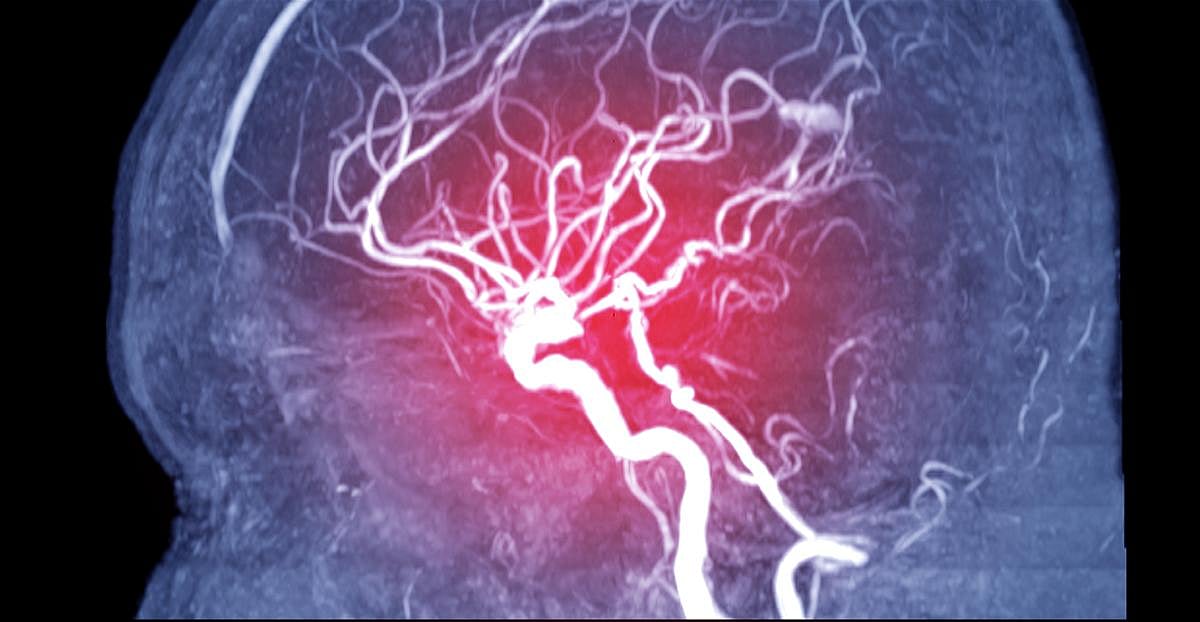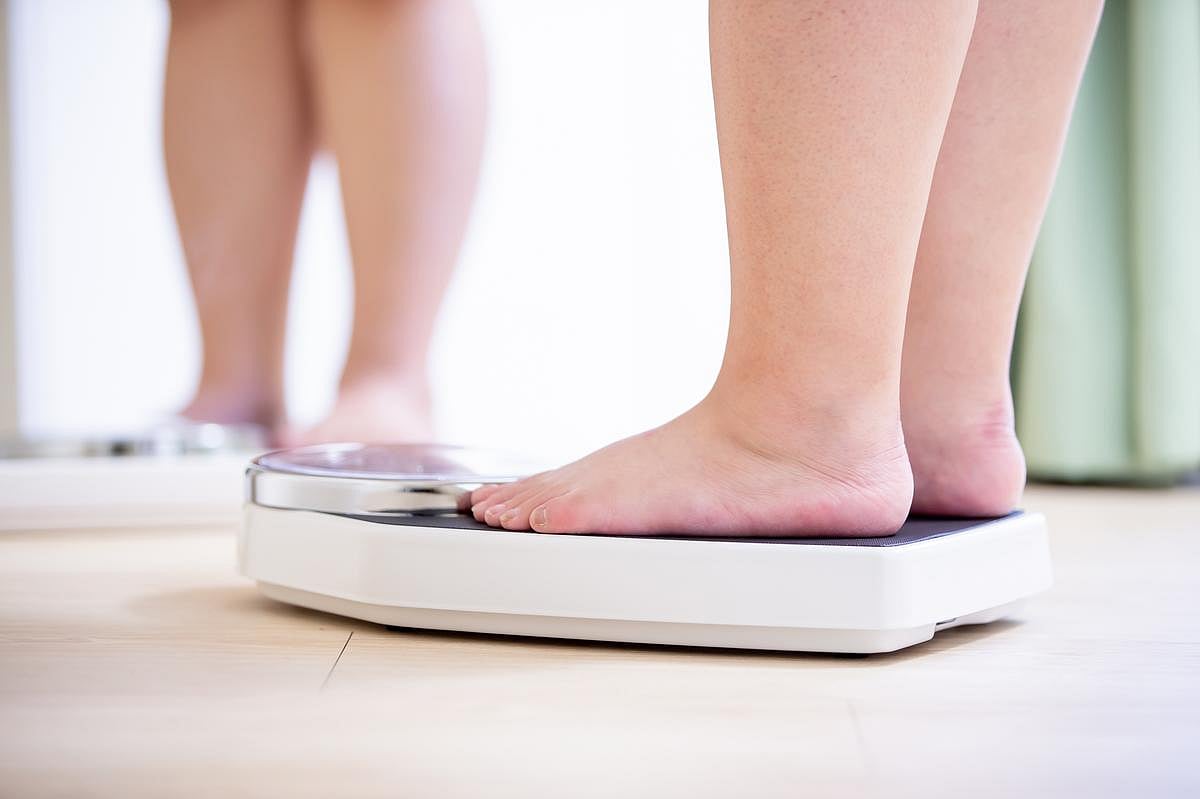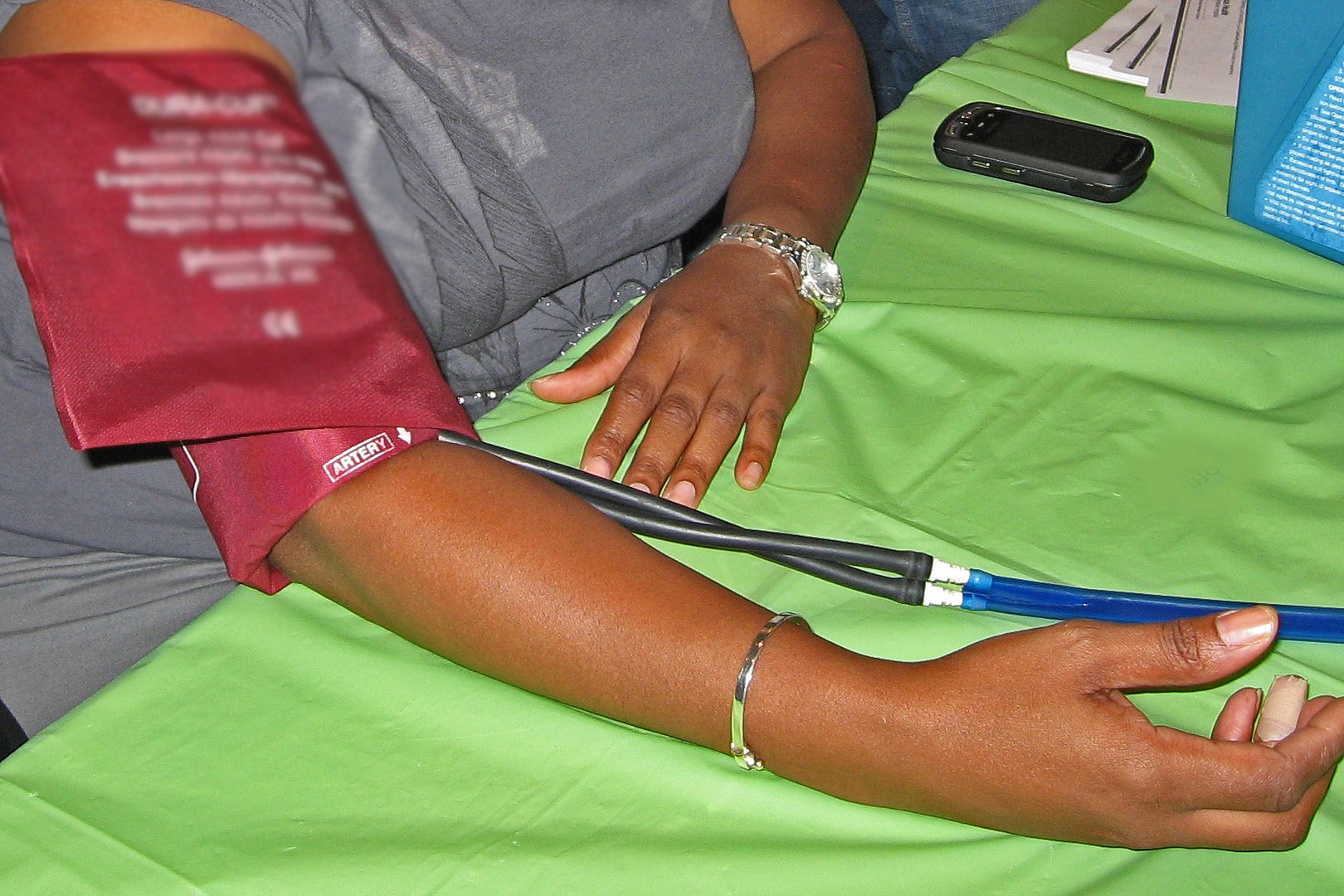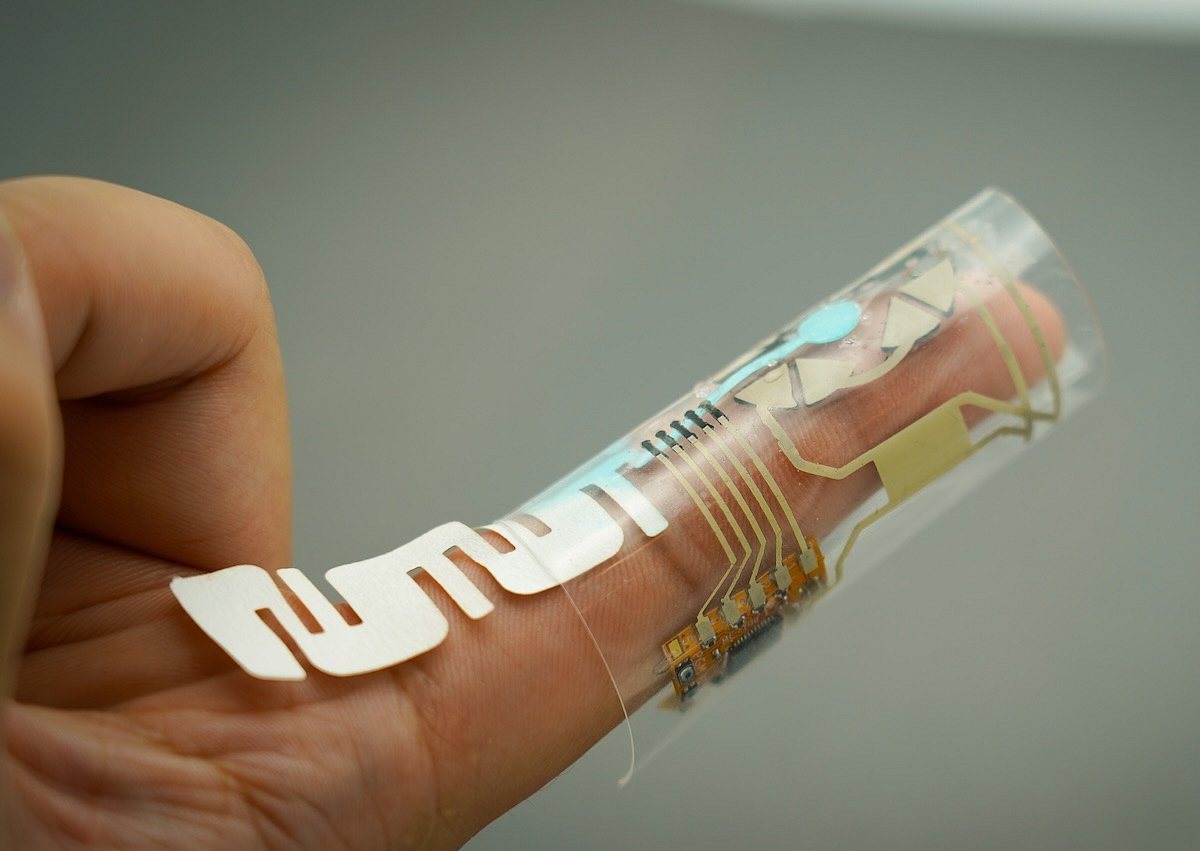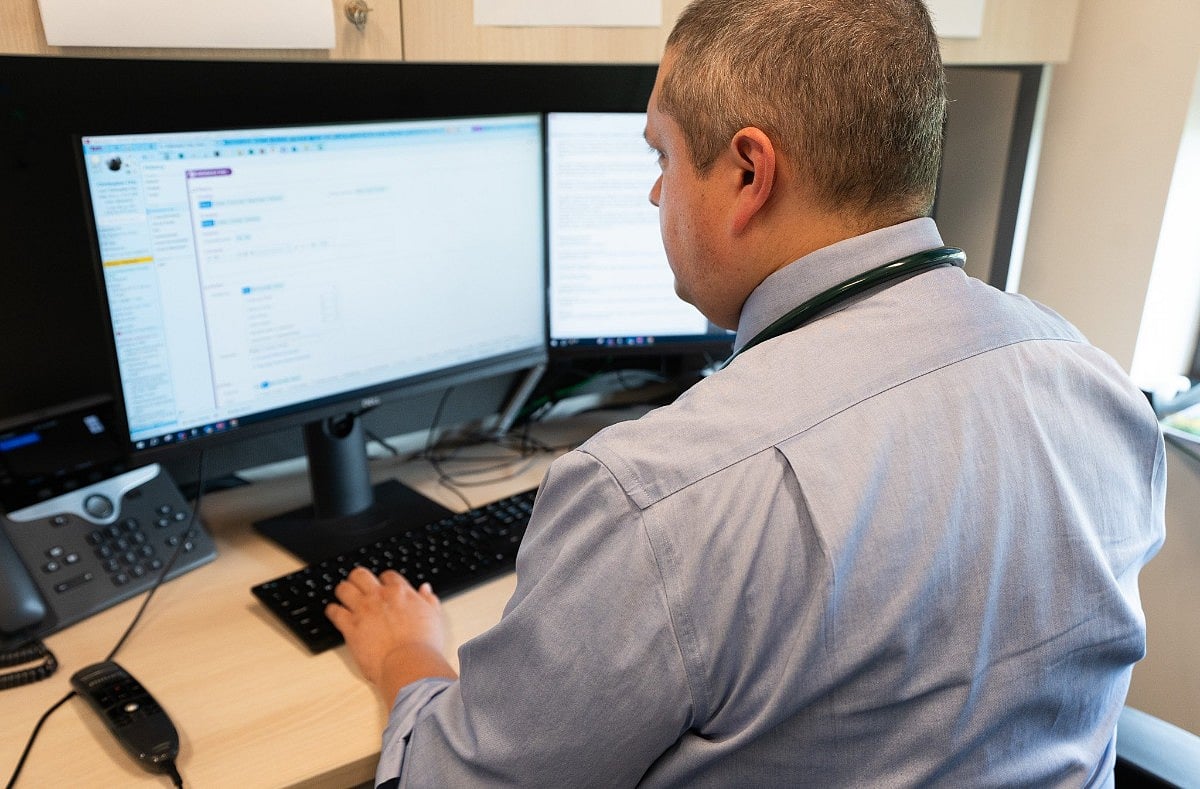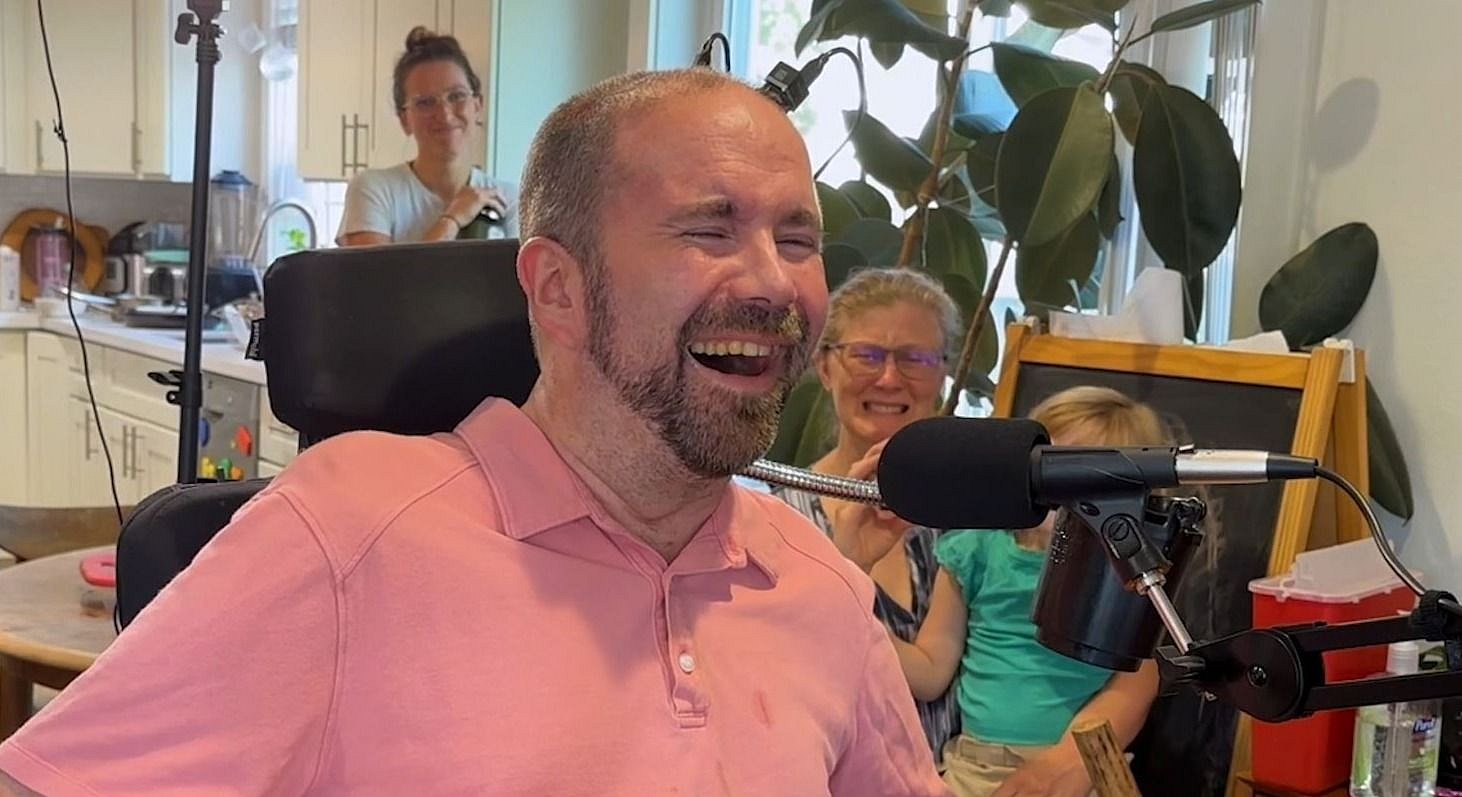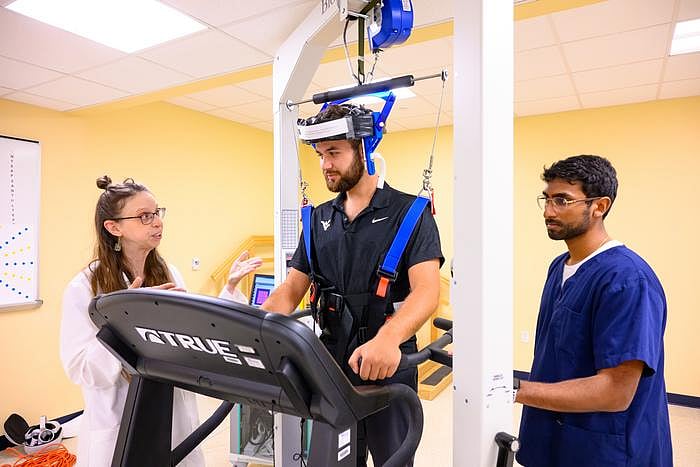Get Healthy!
173 Results for search "Medical Technology: Misc.".
Health News Results - 173
The U.S. Food and Drug Administration (FDA) says it plans to use artificial intelligence (AI) to help speed the approval of new drugs and medical devices.
That's one of several priorities federal officials detailed June 10 in JAMA.
They said AI could help shorten review times, speeding delivery of treat...
- I. Edwards HealthDay Reporter
- |
- June 11, 2025
- |
- Full Page
OpenAI has unveiled a large dataset to help test how well artificial intelligence (AI) models answer health care questions.
Experts call it a major step forward, but they also say more work is needed to ensure safety.
The dataset -- called HealthBench -- is OpenAI's first major independent health care project. It includes 5,000 “realistic health conversations,” eac...
- I. Edwards HealthDay Reporter
- |
- May 13, 2025
- |
- Full Page
A “smart shirt” equipped with an electrocardiogram (ECG) can help identify folks who are at higher risk of heart disease, a new study says.
The shirt monitors people’s heart rate recovery after exercise, tracking the time it takes for their heart to return to ...
- Dennis Thompson HealthDay Reporter
- |
- April 15, 2025
- |
- Full Page
AI might be able to boost the success rates of in vitro fertilization among hopeful families.
An AI program can help doctors analyze ultrasound scans to determine the best timing for a hormone injection associated with egg collection, researchers write in a new study published Jan. 8 in...
- Dennis Thompson HealthDay Reporter
- |
- January 9, 2025
- |
- Full Page
Pulse oximeters -- those tiny devices that measure blood oxygen levels with a quick clip to your finger -- may soon get a major upgrade to ensure they work just as well for people of all skin tones.
The U.S. Food and Drug Administration (FDA) released draft guidelines on Jan. 6 proposing that manufacturers conduct larger, more inclusive studies to ensure these devices, which became essent...
- India Edwards HealthDay Reporter
- |
- January 7, 2025
- |
- Full Page
Patients have more access to their own medical test results than ever before, thanks to legislation requiring results be released as soon as they’re available.
But that’s not necessarily a good thing, a new study warns.
Many patients are reading test results in their electronic medical record before their doctor has had a chance to go over them, researchers say in a stud...
- Dennis Thompson HealthDay Reporter
- |
- January 7, 2025
- |
- Full Page
Very early-stage breast cancers are notoriously tough to spot via mammograms, but new technology might make detection easier.
According to a new study published recently in the
A new AI can help identify women at higher risk for developing breast cancer by tracking changes in breast tissue, a new study shows.
The AI compares women’s own mammograms over time, looking for early signs of breast cancer that are tough to see even...
- HealthDay Reporter
- |
- December 6, 2024
- |
- Full Page
GLP-1 meds are all the rage for weight loss nowadays, but not everyone can safely take the drugs to shed pounds. Invasive weight-loss surgeries can often be a tough sell, too.
Now, researchers at the Massachusetts Institute of Technology (MIT) say they've developed an alternative: A small, implanted gastric balloon that people can inflate or deflate to feel full or not.
Early studi...
- Ernie Mundell HealthDay Reporter
- |
- December 3, 2024
- |
- Full Page
Folks soon might have their brain activity scanned using a temporary tattoo, a new study suggests.
This temporary scalp tattoo allowed researchers to track electrical brain activity much more easily than with conventional electrodes, researchers reported Dec. 2 in the journal Cell Biomaterials.
- Dennis Thompson HealthDay Reporter
- |
- December 3, 2024
- |
- Full Page
Don't let your surgeon toss your old heart pacemaker out with the trash.
Used pacemakers can be refurbished, researchers report, providing the potential for more people overseas to get the lifesaving devices.
"Unlike in the United States, pacemaker therapy is often not availabl...
- Carole Tanzer Miller HealthDay Reporter
- |
- November 28, 2024
- |
- Full Page
A painless nerve-zapping device called Transcutaneous Electrical Nerve Stimulation (TENS) has long been used to ease arthritis, back pain and other ailments.
Now, researchers say TENS might also work to ease the fatigue and pain that can come with long COVID.
&ld...
- Ernie Mundell HealthDay Reporter
- |
- November 27, 2024
- |
- Full Page
A wearable patch the size of a postage stamp that can monitor blood pressure continuously could soon help people manage their hypertension.
Researchers at the University of California, San Diego, who developed the wearable ultrasound patch report Nov. 20 in the journal
- Carole Tanzer Miller HealthDay Reporter
- |
- November 21, 2024
- |
- Full Page
Recurring angina chest pain in people with a certain type of heart disease can be tough to treat, but a new hourglass-shaped stent could be a real advance, researchers report.
People with what's known as microvascular disease -- impeded blood flow in tiny blood vessels within the heart -- improve...
- Ernie Mundell HealthDay Reporter
- |
- November 11, 2024
- |
- Full Page
Artificial intelligence might be able to help doctors detect the prostate cancers most likely to be life-threatening to men, a new study suggests.
An AI program successfully identified and outlined 85% of the most aggressive prostate tumors seen on MRI scans of more than 700 patie...
- Dennis Thompson HealthDay Reporter
- |
- October 29, 2024
- |
- Full Page
Artificial intelligence can accurately detect heart murmurs in dogs, a new study finds.
The AI program detects heart murmurs in canines with 90% accuracy, similar to the accuracy of expert cardiologists, researchers report.
And in more than half the cases tested, the AI completely agreed with a cardiologist’s assessment of the murmur’s seriousness.
These heart murm...
- Dennis Thompson HealthDay Reporter
- |
- October 29, 2024
- |
- Full Page
An experimental electric bandage might help doctors stop bacterial infections without using any drugs, a new study suggests.
Imperceptible low-level electric current applied through a skin patch caused a nearly 10 times reduction in amounts of Staphylococcus epidermidis, a common bacterium found on human skin, researchers reported Oct. 24 in the journal
Naloxone can save a person’s life by reversing a potentially fatal opioid overdose, and is now available as an over-the-counter medication.
Unfortunately, there’s a very significant catch.
A knowledgeable bystander needs to be on hand to deliver the drug, either...
- Dennis Thompson HealthDay Reporter
- |
- October 24, 2024
- |
- Full Page
The U.S. Food and Drug Administration announced Tuesday that it has appointed Dr. Michelle Tarver to head its division that oversees medical devices.
The appointment of a new director for the Center for Devices and Ra...
- Ernie Mundell HealthDay Reporter
- |
- October 23, 2024
- |
- Full Page
A handheld pinprick blood test could someday deliver results in as little as an hour, a new study shows.
The portable device, which fits in the palm of a hand, uses sound waves to separate a tiny whole blood sample down into microscopic biomarkers, researchers reported Oct. 16 in the journal Science Advances.
...
- Dennis Thompson HealthDay Reporter
- |
- October 21, 2024
- |
- Full Page
Microscopic magnetic nanodiscs could provide a much less invasive means of providing deep brain stimulation, a new study says.
The tiny discs – about 250 nanometers across, or 1/500 the width of a human hair – would be injected directly into specific regions of a person’s brain, researchers say.
From there, researchers said, the discs could be activated by applying...
- Dennis Thompson HealthDay Reporter
- |
- October 11, 2024
- |
- Full Page
A newly developed soft robotic finger with a sophisticated sense of touch could one day help your doctor perform routine office examinations, a new study suggests.
The finger can take a person’s pulse and detect abnormal lumps, researchers reported Oct. 10 in the journal Cell Reports Phys...
- Dennis Thompson HealthDay Reporter
- |
- October 10, 2024
- |
- Full Page
AI isn’t ready to run a hospital’s emergency room just yet, a new study concludes.
ChatGPT likely would ask for unnecessary x-rays and antibiotics for some patients, and admit others who don’t really need hospital treatment, researchers reported Oct. 8 ...
- Dennis Thompson HealthDay Reporter
- |
- October 8, 2024
- |
- Full Page
Patients who lose the use of their hands and arms after a stroke or traumatic brain injury could regain some function through deep brain stimulation (DBS), new research demonstrates.
DBS involves surgical placement of electrodes to deliver electrical impulses to areas of the brain regulating specific activity. It is often used to treat control movement problems associated with Parkinson's...
- Carole Tanzer Miller HealthDay Reporter
- |
- October 2, 2024
- |
- Full Page
A slow-release form of semaglutide could allow people who use Wegovy or Ozempic to get shots once a month, instead of the weekly injections they now take, a new study demonstrates.
The new formulation encases semaglutide in a hydrogel that slowly releases the drug as the gel dissolves, researchers...
- Dennis Thompson HealthDay Reporter
- |
- September 9, 2024
- |
- Full Page
People are encouraged to monitor their blood pressure at home, but many folks will find that household blood-pressure cuffs are literally a bad fit, a new study warns.
For as many as 18 million U.S. adults -- nearly 7% of adults -- at-home blood p...
- Dennis Thompson HealthDay Reporter
- |
- September 6, 2024
- |
- Full Page
An AI-enhanced digital stethoscope can help doctors detect a potentially deadly form of heart failure that can occur late in pregnancy, a new clinical trial reports.
The AI-driven stethoscope was 12 times more likely than traditional methods to spot heart pump weakness tied to peripartum cardiomyopathy, an uncommon form of
A wearable heart monitor raises the detection rate of the dangerous irregular heartbeat known as atrial fibrillation (A-fib) by more than 50%, a new study finds.
Unfortunately, there was no increase observed in the number of strokes prevented after folks got the devices, the researchers noted.
A sweat-powered finger wrap could make monitoring a person’s health as easy as wearing a Band-Aid, researchers report.
The electronic wrap measures blood levels of sugar, vitamins, drugs and other substances by analyzing the sweat from a person’s fingertip, researchers reported Sept. 3 in the journal Nature Electronic...
- Dennis Thompson HealthDay Reporter
- |
- September 4, 2024
- |
- Full Page
An experimental “smart mask” can check a person’s breath to check their health, researchers report.
Fitted with biosensors, the simple paper mask could be used to track respiratory ailments, kidney disease and a number of other health problems, according to a study published Aug. 29 in the journal Science....
- Dennis Thompson HealthDay Reporter
- |
- September 3, 2024
- |
- Full Page
An improved test for Lyme disease could provide accurate results within 20 minutes, researchers report.
The test -- which resembles an AI-guided form of the at-home COVID-19 test -- would be a vast improvement over the current two-part lab test that takes up to two weeks for results, researchers said.
“A lot of folks find out they have Lyme disease well after the point at whic...
- Dennis Thompson HealthDay Reporter
- |
- August 28, 2024
- |
- Full Page
Most Americans believe artificial intelligence should be used to improve health care, a new national survey reports.
However, many are still a little queasy over some of the implications of widespread AI use, the
Casey Harrell was losing his ability to speak due to amyotrophic lateral sclerosis (ALS), also known as Lou Gehrig’s disease.
“Not being able to communicate is so frustrating and demoralizing. It is like you are trapped,†said Harrell, 45.
But a new brain-computer interface is allowing Harrell to speak to others once more, with his brain providing the words and a ...
- Dennis Thompson HealthDay Reporter
- |
- August 15, 2024
- |
- Full Page
A wearable brain scanner could improve research into Parkinson’s disease, dementia and other debilitating disorders, new research shows.
The brain scanner -- called the Ambulatory Motion-enabling PET (AMPET) -- fits on a person’s head much like a construction worker’s har...
- Dennis Thompson HealthDay Reporter
- |
- August 9, 2024
- |
- Full Page
Newly developed battery-powered electric bandages could help wounds heal more quickly, a new study reports.
In animal testing, wounds treated with electric bandages healed 30% faster than wounds treated with conventional bandages, researchers reported Aug. 7 in the journal Science Advances.
The bandages could...
- Dennis Thompson HealthDay Reporter
- |
- August 8, 2024
- |
- Full Page
Abbott has warned diabetes patients that some of its continuous blood sugar monitoring systems may need to be replaced because of inaccurate readings.
"Abbott has recently identified a small number of FreeStyle Libre 3 sensors that may provide incorrect high glucose readings, which if undetected may pose a potential health risk for people living with diabetes," the company said in an
- Robin Foster HealthDay Reporter
- |
- July 26, 2024
- |
- Full Page
"Smart"prosthetic legs can help amputees achieve a natural walking gait, but it's done through robotic sensors and algorithms that drive the limb forward at predetermined rates.
A better way would be to give people full control over the limb through their nervous system -- and that's just what an MIT research team says it's done.
An experimental surgical procedure combined with a cu...
- Dennis Thompson HealthDay Reporter
- |
- July 1, 2024
- |
- Full Page
Scientists have developed microscopic robots capable of swimming through the lungs to deliver chemotherapy directly to lung cancer cells.
In early testing, these microbots extended the average survival time of lab mice with melanoma that had spread to the lungs, according to a report publis...
- Dennis Thompson HealthDay Reporter
- |
- June 14, 2024
- |
- Full Page
California skateboarder Jared Hager has become the first person to receive a transparent skull replacement, which allows doctors to better view the function of his brain.
The window has allowed doctors to both monitor his progress and test new and better scanning methods for assessing brain health.
Hager, 39, of Downey, Calif., sustained a traumatic brain injury from a skateboarding...
- Dennis Thompson HealthDay Reporter
- |
- May 30, 2024
- |
- Full Page
A "Third Thumb"-- a robotic, prosthetic extra thumb -- is easy to use and can help folks grab and tote more objects, a new study says.
Hundreds of diverse test subjects at a science exhibition were able to figure out the extra thumb quickly and use it to pick up things like pegs and foam objects, researchers reported May 29 in the journal Science Robotics.
"Technology is ch...
- Dennis Thompson HealthDay Reporter
- |
- May 30, 2024
- |
- Full Page
If you use a medical device such as a blood glucose monitor or insulin pump, keeping it charged is a must.
But devices that rely on a USB charger can overheat, which may cause minor injuries, serious burns or fires. That's why it's important to read, understand and follow the manufacturer's use and care directions and use only approved charging accessories.
The U.S. Food and D...
- Carole Tanzer Miller HealthDay Reporter
- |
- May 12, 2024
- |
- Full Page
The U.S. Food and Drug Administration has issued a Class 1 recall -- its most urgent kind -- for an IOS app linked to a specific kind of insulin pump used by people with diabetes.
The
An artificial intelligence (AI) program trained to analyze cardiac ultrasounds can detect abnormal heart rhythms that a doctor is apt to overlook, a new study reports.
"Atrial fibrillation can come and go, so it might not be present at a doctor's appointment," said corresponding author
A small, implantable heart pump could help children await heart transplants at home rather than languishing in a hospital, according to a new study.
The pump is surgically attached to augment the heart's blood-pumping action, giving more time to find a donor heart, researchers said.
The pump worked well for seven children participating in a small-scale early trial of the device.
...- Dennis Thompson HealthDay Reporter
- |
- May 7, 2024
- |
- Full Page
Artificial intelligence might be able to identify patients who have rare diseases years earlier than they would typically be diagnosed, a new study says.
A newly developed AI program was able to successfully identify people at risk of developing a rare immune disorder, researchers report in Science Translational Medicine
- Dennis Thompson HealthDay Reporter
- |
- May 3, 2024
- |
- Full Page
Artificial intelligence might be able to help doctors by filling out rote paperwork, but it's not going to be useful in the ER anytime soon, a new study shows.
OpenAI's ChatGPT program provided inconsistent conclusions when presented with simulated cases of patients with
Laboratory tests used by millions of Americans are soon to be classified as medical devices, and as such be regulated by U.S. Food and Drug Administration, the agency announced Monday.
The new rule does not apply to tests and kits made by big medical device manufacturers -- those already face FDA review.
Instead, the agency is widening its oversight to include thousands of tests ma...
- Ernie Mundell HealthDay Reporter
- |
- April 29, 2024
- |
- Full Page
AI could help doctors cut back on the bewildering variety of medications that seniors frequently are prescribed, a new study suggests.
More than 40% of seniors are prescribed five or more meds, and this increases a person's risk of adverse drug interactions, researchers s...
- Dennis Thompson HealthDay Reporter
- |
- April 18, 2024
- |
- Full Page
Artificial intelligence can serve as a helpful backup editor to radiologists, making sure their reports are accurate and reliable, a new study says.
The OpenAI program GPT-4 performed about as well as a group of radiologists in detecting errors that had been placed into reports, according to findings published April 16 in the journal Radiology.
"This efficiency in detecting...
- Dennis Thompson HealthDay Reporter
- |
- April 16, 2024
- |
- Full Page
Tapping the power of the small brain region called the cerebellum could improve patients' ability to move cutting-edge robotic limbs, a new study suggests.
The cerebellum is an ancient structure located under the brain, just above where the spinal cord connects to the brain.
This structure has largely been overlooked by prosthetics researchers in favor of the cerebral cortex, which ...
- Dennis Thompson HealthDay Reporter
- |
- April 16, 2024
- |
- Full Page

